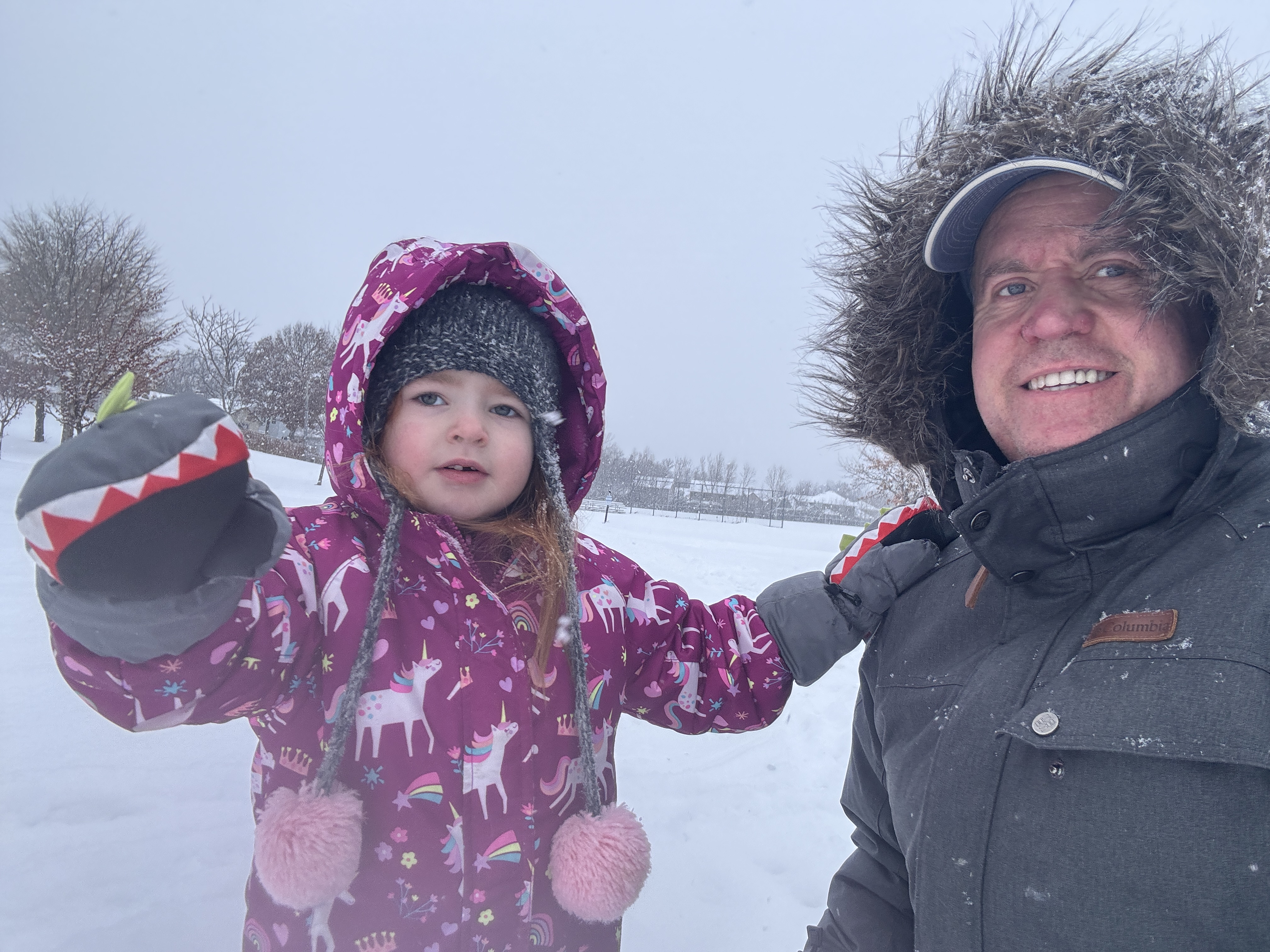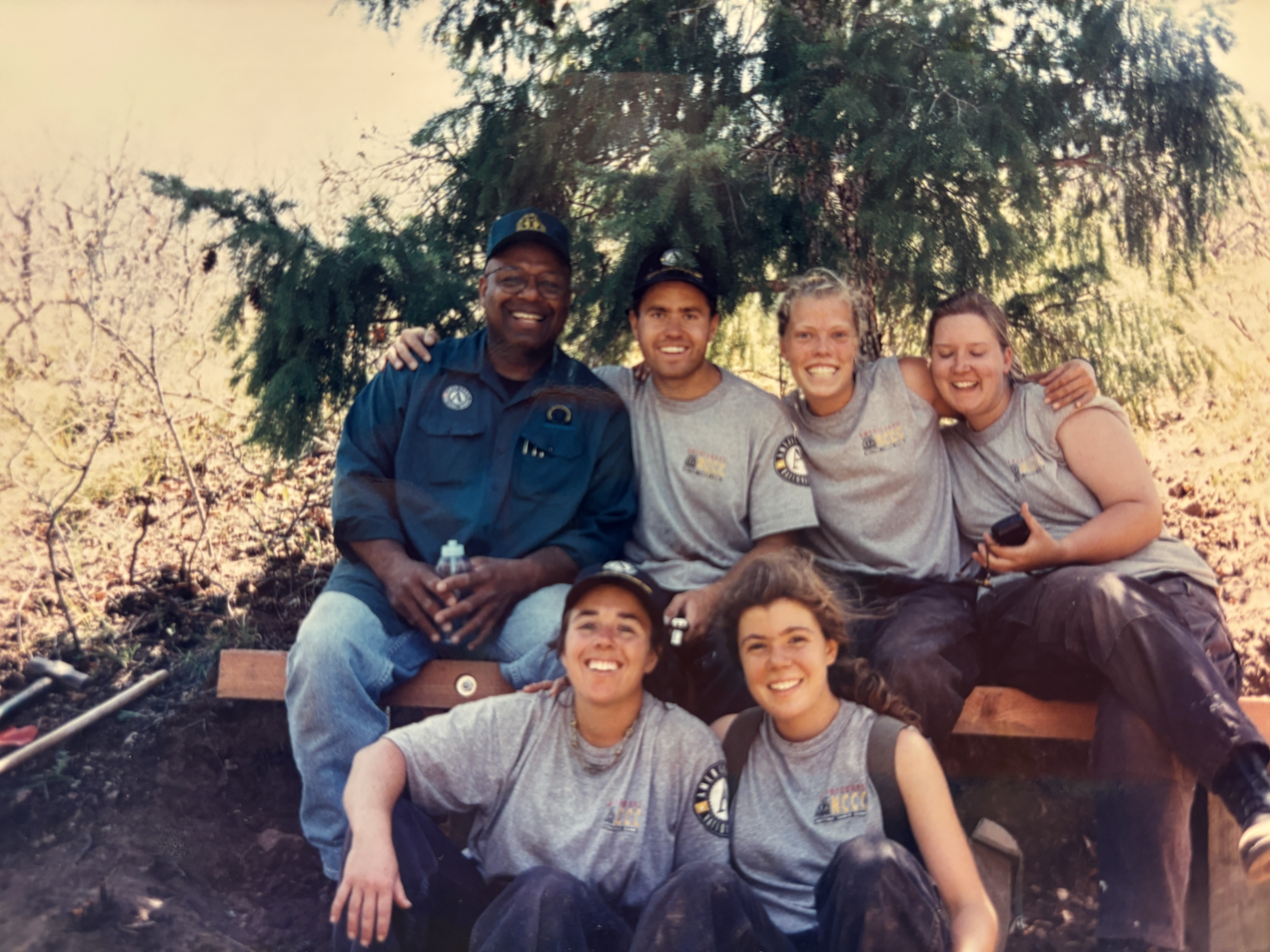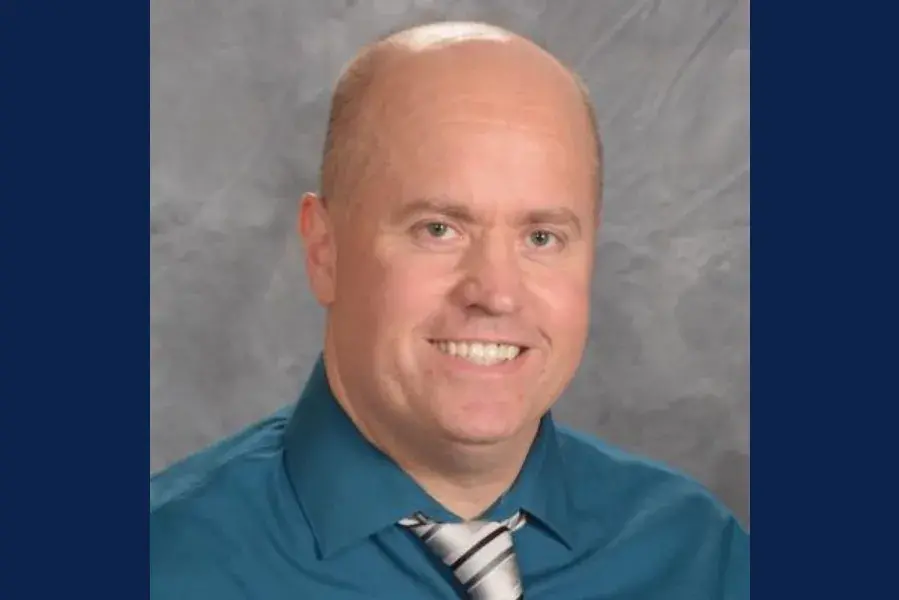Dr. Paul Greenberg makes people his magnum opus.
From a young age, Dr. Greenberg had education instilled into his work and ideals. However, through a colorful portfolio of experiences and contributions to the neuroscience and psychology fields, he found a passion for working with groups of people from all walks of life.
“My real field is people, so my greatest contributions are in helping others do better for themselves, their families, and communities,” he says. “My four-year-old daughter motivates me every day, and when I think about education, I think about her future and everybody’s future.”
Dr. Greenberg celebrates people and is motivated by their educational and personal successes. As an assistant professor in the Psychology Department at the University of Arizona Global Campus (UAGC), he carries ideals from his background into his approach in the virtual classroom.
“One of the main lessons I've learned through teaching is that a kind word goes a long way,” he says. “You never know what any person is going through, and many are stressed between the pressures of work, family, education, health, and cost of living.”

Impact Through AmeriCorps NCCC
Perhaps his most formative public service ethos was crystallized by Dr. Greenberg’s work in the AmeriCorps National Civilian Community Corps (NCCC). This post-college break from education became a lifelong model and motivator to “get things done” by helping people and communities. He was attracted by the community and national service mission, and was amazed by the positive effects it had for communities and service members.
“I joined AmeriCorps because it was a complete unknown,” Dr. Greenberg explains. “It's an example of not just good government, but great government. If you get people involved in their own communities, it supports their continued involvement in the community. They do more good and less bad. That's the simplest way to give people an opportunity to work in a way that benefits them and people in their community.”
For 10 months, he worked with his 14-person team on various community service projects in the Western U.S. One of his first jobs was in light housing construction for the Colorado Rural Housing Coalition, where his team helped seven families build their houses before winter snows arrived. His next job of tutoring youth offenders in a Denver, CO maximum-security prison offered less joy, but Dr. Greenberg found meaning in the experience by applying advice from an AmeriCorps staff member who asked him, “do you think there is anything you can do?”
He had a response.
“What I really wanted to do was use my influence to see if I can reduce the likelihood that the youth offenders would harm others post release,” he says, “I spent a lot of time talking with the prison psychologists and the organizers of the Youthful Offender System to see what their philosophy was about how to connect, and hopefully modify the behavior.”
The AmeriCorps mission had such an impact that he continues to apply his learnings to his teaching philosophy today. Homogeneous goals and a desire to maintain that positive influence are evergreen objectives that Dr. Greenberg calls on regularly.
“Any time I teach a class or do research — any time I really do anything for others — that job, plus my memories, make me think, ‘what are our goals for the community?’” he says. “That's the foundation. The goal for the community is to help people to do good things, and then good things multiply.”

Education Across Everything
Dr. Greenberg comes from a family of educators. His mother and father were both college philosophy professors, and he credits their decades of support through his studies, violin lessons, and various ventures for his success.
He recalls a speech delivered at his college graduation ceremony.
“The esteemed Dr. Cornel West said, ‘We are where we are because somebody loved us,’” says Dr. Greenberg. “That parental love is No. 1. My parents modeled education and the importance of education so that focus on education persists throughout my life.”
Following his national service, he returned to higher education by entering the University of Arizona (UA) psychology department’s Cognition and Neural Systems program. This opened his horizons to projects that catered to his interests across academic and professional planes. His primary work included studying neuronal activity in the prefrontal cortex at the University of Arizona and whole brain activity in people with Parkinson’s disease at the University of California, San Diego, in conjunction with researchers at the Veteran’s Research Medical Foundation (VMRF) in San Diego.
However, a shifting research funding landscape led Dr. Greenberg to choose teaching over research. Having always wanted to teach and refocusing on which parts of life were most motivating, Dr. Greenberg obtained multiple university teaching positions where he applied psychological theory, research expertise, and his national service ethos. He began with clinical psychology doctoral programs in San Diego and one of his first doctoral students performed research on eye movement desensitization and reprocessing (EMDR) therapy for Veterans with post-traumatic stress disorder (PTSD), a perfect match of research and service.
While working with doctoral students, Dr. Greenberg realized that the electronic mind mapping technology he had used to support research at UCSD could help student researchers improve their thinking, learning, memory, and doctoral project planning. He began teaching this during regular classes and then created an educational consulting business that offered the training to small business owners, city government employes, and higher education institutions in San Diego. Dr. Greenberg’s work ultimately led to UAGC where he continues to find more opportunities to impress his pedagogies upon his calling card: people.
“One of my favorite instructional roles at UAGC is to help people learn and apply principles from cognitive, behavioral, humanistic, and biological psychology to personal and professional life, “he explains. “This brings the ideas to life, opens people’s eyes, and people remember what they apply.”
The payoff is apparent through student reactions but also from the validation Dr. Greenberg receives from colleagues, past and present. Along with his parents, he recognizes and is deeply grateful to a tribe of individuals and teams that have shaped his legacy and career. From his parents to high school teachers, UA thesis advisors, and cohorts from his AmeriCorps days, Dr. Greenberg’s communities reinforce his career path and accomplishments.
“So, all of those people and experiences have funneled into what I do on a daily basis, he notes.”
UAGC Always
This extensive job history eventually led Dr. Greenberg to UAGC in 2020. He emphasizes that the quality of care and high standards of the UAGC faculty make his occupation pleasant and meaningful.
“The thing that sets UAGC apart from my other teaching experiences is the quality and cohesiveness of colleagues,” he explains. “What stands out is the excellence, the kindness, the collegiality, and the true team orientation of people in our current university. There's nobody here who's not going to help you.”
He is especially thankful for distinguished colleagues, including Drs. Michelle Rosser-Majors, Dana Dillard, Cara Metz, Leroy Simpson, Stephanie Anderson, Bill Davis, Teresa Handy, and Charles Holmes.
Ultimately, the online education culture remains appealing. Alongside Drs. Bill Davis and Teresa Handy, Dr. Greenberg runs a speaking and leading mentorship program as a resource for students, providing hands-on support from the faculty for professional development. As a new father of a delightful and nearly four-year-old girl, his desire to support people in widespread communities is only amplified by a perspective that is truly close to home.
“When I think of students, I think of other people's children, and the need to do as well as I can for their children, too. Families, students, and society place great hope and trust in educators, so we must deliver,” he concludes.
